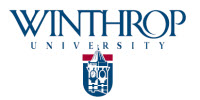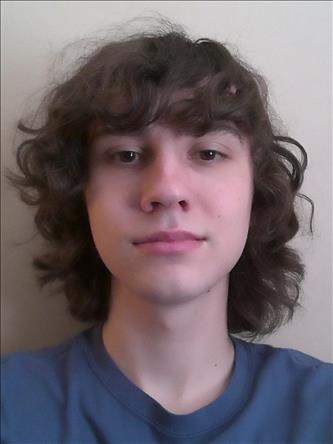Below is a summary of the abstract you submitted. Presenting author(s) is shown in bold.
If any changes need to be made, you can modify the abstract or change the authors.
You can also download a .docx version of this abstract.
If there are any problems, please email Dan at dar78@pitt.edu and he'll take care of them!
This abstract was last modified on March 16, 2021 at 10:33 a.m..

This was Winthrop University’s fifth year as part of the national HHMI sponsored SEA-PHAGES program. As freshman undergraduate students we isolated, purified, and characterized four bacteriophages found in the soil in and around Winthrop University, Rock Hill, South Carolina. COVID-19 limited the number of students in the laboratory at any given time, but working in pairs and eventually teams, we were able to isolate and culture four soil bacteriophages. Bacteriophages are viruses that infect bacterial host cells. They require a bacterial cell to reproduce and are specific to a particular host cell. Each phage was purified and amplified in the bacterial host Mycobacterium smegmatis. Following isolation and amplification, phage DNA was characterized using restriction enzyme digests and gel electrophoresis. Calendula, Grindlewald, Allegro, and Moostard high-titer lysates were archived for future study. Two phages, Allegro and Moostard, were chosen to be sequenced at the University of Pittsburgh. The genome sequences were returned to Winthrop University for annotation. This research not only adds to the increasing knowledge of novel phages being discovered in this area of South Carolina, but also allows Winthrop University and its freshman students to be members of an internationally renowned research program.

